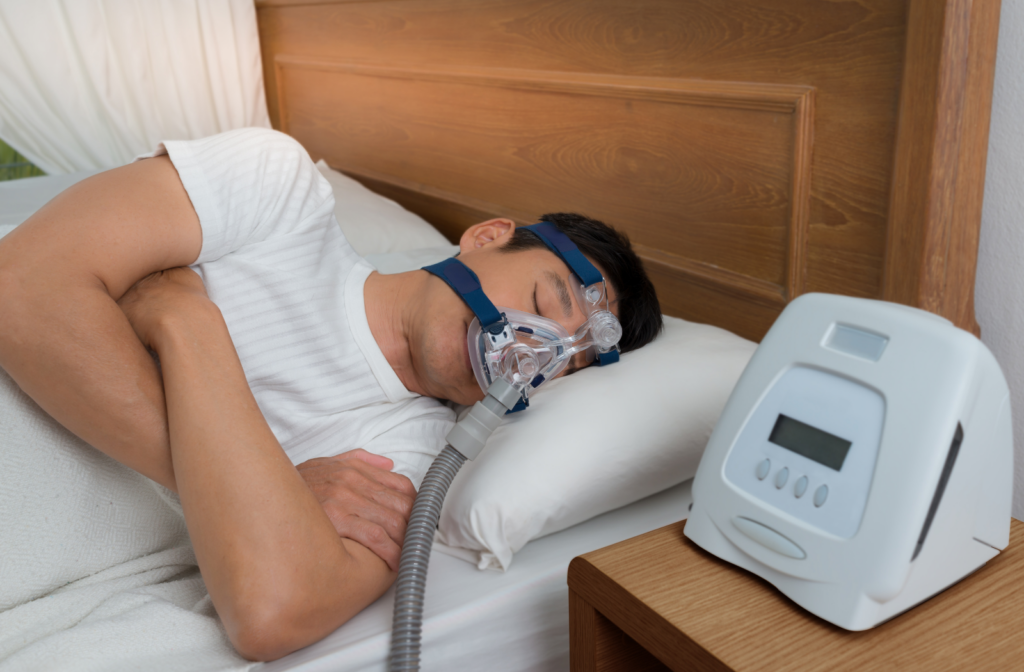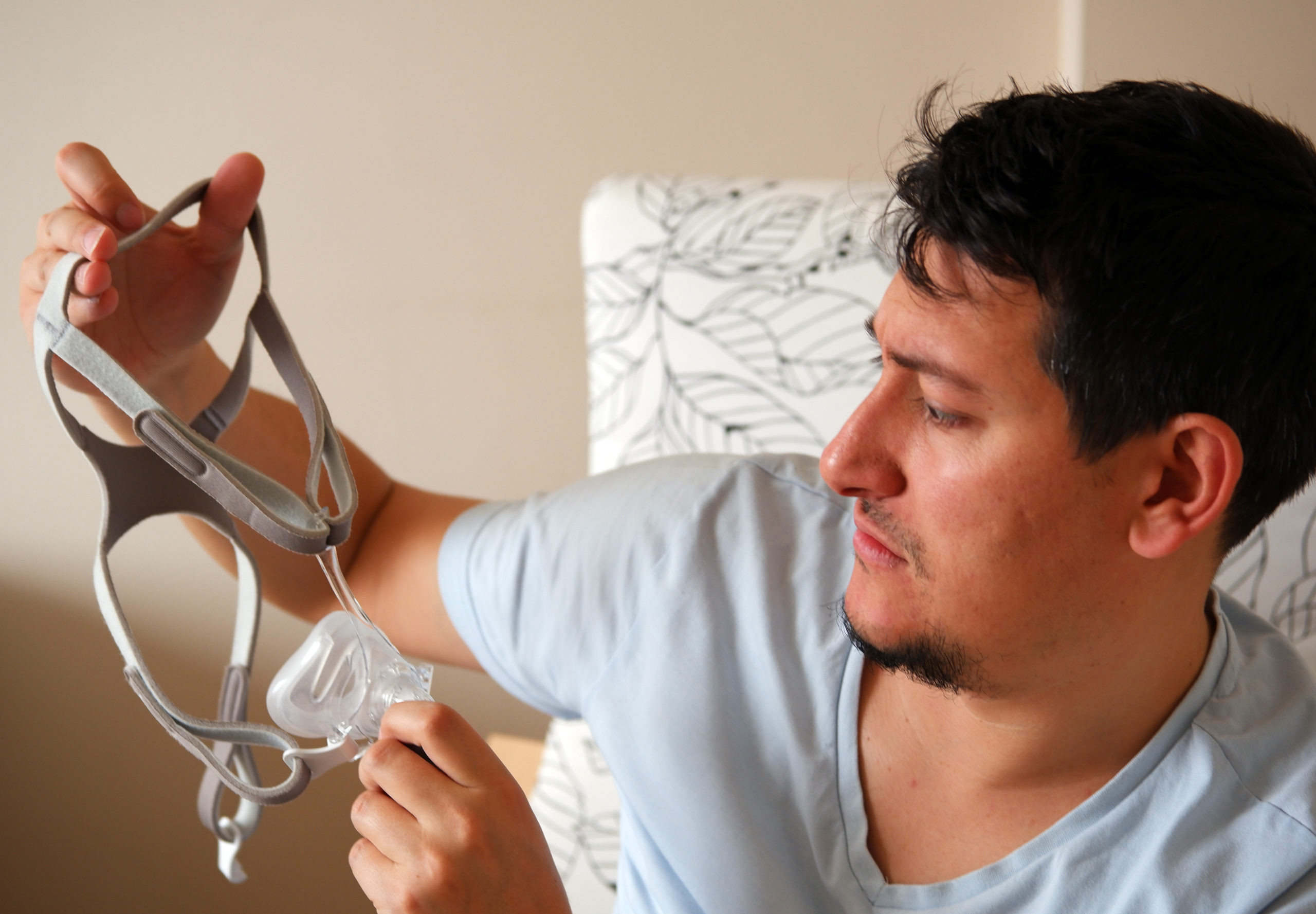Continuous Positive Airway Pressure (CPAP) machines have become a cornerstone in the treatment of obstructive sleep apnoea, a condition that affects millions worldwide. Despite their proven effectiveness, many people are hesitant to invest in a CPAP machine due to common misconceptions. This article aims to debunk three prevalent myths surrounding CPAP machines, empowering potential users to make informed decisions.
Myth 1: CPAP Machines Are Uncomfortable
Understanding the Comfort Factor
One of the most pervasive myths is that CPAP machines are inherently uncomfortable. This misconception often stems from early models that were bulky and noisy. However, modern CPAP machines have undergone significant advancements in design and technology. Today’s devices are more compact, quieter, and equipped with features that enhance user comfort.
In conclusion, dispelling these myths is crucial in encouraging individuals to seek the treatment they need. With the right information and resources, buy CPAP machine can be a confident and positive step towards better sleep and a healthier life.
Moreover, the comfort of a CPAP machine largely depends on the mask fit. There are various types of masks available, including nasal masks, full-face masks, and nasal pillows. Each type caters to different preferences and sleeping positions. Users can experiment with different options to find the most comfortable fit, ensuring a better night’s sleep. Additionally, many masks now come with adjustable straps and soft cushioning, which can significantly reduce pressure points on the face, making them more tolerable for extended use.

Adapting to the Machine
It’s essential to give oneself time to adjust to using a CPAP machine. For new users, it may take several nights to acclimatise to the sensation of wearing a mask and the airflow. Many manufacturers provide resources and support to help users adapt more comfortably. With patience and proper guidance, most individuals find that the initial discomfort fades, leading to improved sleep quality. Furthermore, some users have reported that employing relaxation techniques, such as deep breathing or progressive muscle relaxation, can ease the transition into CPAP therapy, allowing them to drift off to sleep more easily.
In addition, it’s worth noting that regular follow-ups with healthcare providers can significantly enhance the CPAP experience. These consultations allow for adjustments to be made to pressure settings or mask types based on individual feedback. Such personalised care ensures that the user’s needs are met, ultimately leading to a more satisfying and effective treatment journey. As users become more accustomed to their CPAP machines, they often find themselves enjoying not only better sleep but also increased energy levels and improved overall health during their waking hours.
Myth 2: CPAP Machines Are Only for Severe Cases
Understanding Sleep Apnoea Severity
Another common myth is that CPAP therapy is only necessary for those with severe obstructive sleep apnoea. This belief can deter individuals with mild to moderate cases from seeking treatment. In reality, CPAP machines can benefit a wide range of patients, regardless of the severity of their condition.
Research indicates that even individuals with mild sleep apnoea can experience significant improvements in their sleep quality and overall health when using a CPAP machine. Untreated sleep apnoea, even in its mild form, can lead to various health issues, including cardiovascular problems, daytime fatigue, and cognitive impairments. Therefore, it is advisable for anyone diagnosed with sleep apnoea to consider CPAP therapy as a viable treatment option. Find more about fatigue on https://www.health.harvard.edu/staying-healthy/fighting-fatigue
Moreover, the impact of sleep apnoea extends beyond just the individual. It can affect relationships, as partners may struggle with the noise of snoring or the disruptions caused by apnoeic episodes. By addressing sleep apnoea early on with CPAP therapy, patients can not only improve their own health but also enhance their interactions and quality of life with those around them. The psychological benefits of improved sleep cannot be overstated; many patients report feeling more alert, less anxious, and generally more positive after beginning treatment.
Consulting a Healthcare Professional
It’s crucial to consult a healthcare professional for a proper assessment of sleep apnoea severity. They can recommend the most appropriate treatment based on individual needs. Many patients find that starting CPAP therapy early can prevent the progression of their condition and enhance their quality of life.
Additionally, healthcare professionals can provide valuable guidance on adjusting to CPAP therapy, which may initially seem daunting. They can assist in selecting the right mask type and pressure settings, ensuring that the treatment is both comfortable and effective. Regular follow-ups can also help in monitoring progress and making necessary adjustments, which is essential for long-term success. Engaging with support groups or forums can further aid patients in sharing experiences and tips, fostering a sense of community and understanding around their condition.
Myth 3: CPAP Machines Are Too Expensive
Understanding the Costs
Cost is often a significant concern for individuals considering CPAP therapy. Many people believe that CPAP machines are prohibitively expensive, which can deter them from exploring this treatment option. While it is true that the initial investment can be substantial, it’s essential to consider the long-term benefits and potential savings associated with improved health.
CPAP machines can vary widely in price, depending on the features and technology. Basic models may be more affordable, while advanced machines with additional functionalities can be pricier. However, many healthcare providers offer financing options, and insurance plans often cover a portion of the costs, making it more accessible for patients. Furthermore, it is worth noting that some manufacturers provide rental options or payment plans that can ease the financial burden, allowing individuals to experience the benefits of CPAP therapy without the immediate high cost.
Long-Term Health Benefits
Investing in a CPAP machine can lead to significant long-term health benefits. Improved sleep quality can enhance overall well-being, reduce the risk of chronic health conditions, and increase productivity. By addressing sleep apnoea effectively, individuals may find themselves saving on healthcare costs associated with untreated sleep disorders, such as hospital visits and medications for related health issues. Additionally, better sleep can lead to improved mental health, as studies have shown a strong correlation between quality sleep and reduced anxiety and depression levels. Click here to find more about depression.
Moreover, the benefits of consistent CPAP use extend beyond personal health; they can also have a positive impact on relationships. Many partners of individuals suffering from sleep apnoea report improved sleep quality themselves when their loved ones use CPAP machines. This can lead to a more harmonious home environment, as both parties enjoy restful nights. In this way, the investment in a CPAP machine not only enhances the user’s health but also fosters better relationships and overall quality of life for those around them.
Additional Considerations When Buying a CPAP Machine
Choosing the Right Supplier
When considering the purchase of a CPAP machine, selecting a reputable supplier is paramount. It’s advisable to choose suppliers who offer comprehensive support, including guidance on machine selection, mask fitting, and ongoing maintenance. A knowledgeable supplier can make a significant difference in the overall experience of using a CPAP machine.
Trial Periods and Return Policies
Many suppliers offer trial periods or satisfaction guarantees, allowing users to test the equipment before committing to a purchase. This can be a valuable opportunity to determine if the chosen machine and mask are suitable. Understanding return policies is also crucial, as it provides peace of mind in case adjustments are needed.
Conclusion
Understanding the realities surrounding CPAP machines can empower individuals to make informed decisions about their health. By debunking common myths, potential users can approach the idea of CPAP therapy with confidence. Whether it’s the perceived discomfort, misconceptions about severity, or concerns about cost, addressing these myths can lead to better health outcomes and improved quality of life.
For those considering CPAP therapy, it is essential to consult with healthcare professionals, explore various options, and choose a reputable supplier. With the right support, using a CPAP machine can transform sleep quality and overall health, making it a worthwhile investment for anyone affected by sleep apnoea.
Other resources: Simple Ways to Compare CPAP Machines Online and Save Money

